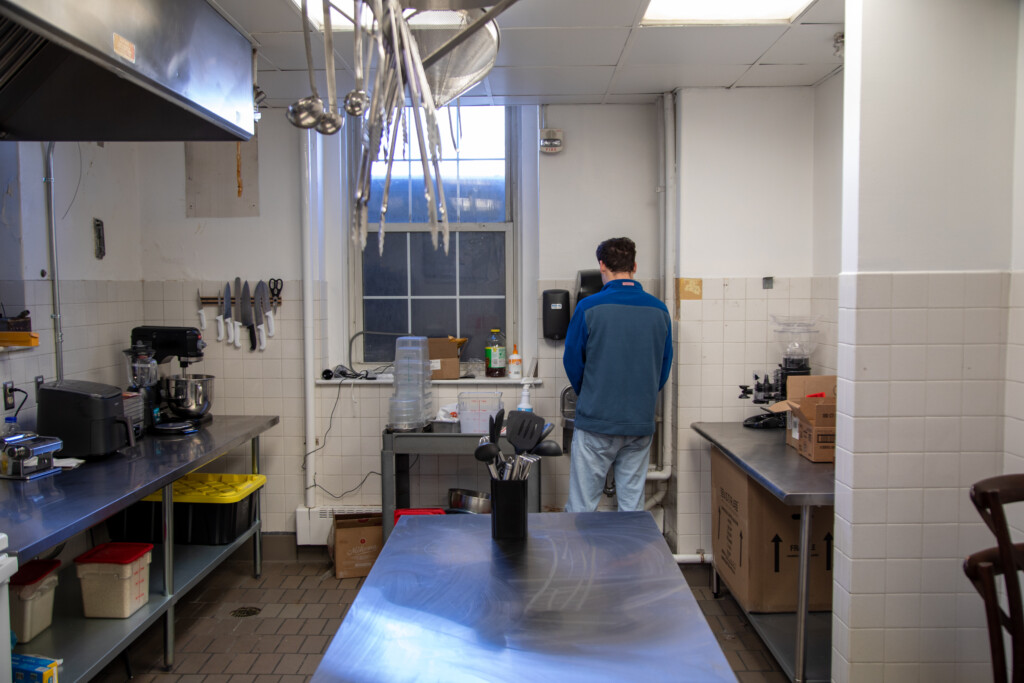If you’re reading this in print, you’re in the minority.
Over the past year, the Campus Times Facebook page has seen its number of followers more than double after a mostly uninterrupted stretch of scarcely posting anything.
Thousands have seen the posts of our articles and clicked to read them. Combine that with less press fodder and more impact stories, and we’ve ended up with more active readers than we’ve maybe ever had.
My takeaway from those accomplishments—and how they connect back to that point about print—is sad but true: the ink-and-newsprint version of the Campus Times is growing increasingly obsolete.
As they have for decades, the dedicated members of our editorial staff slave over a print edition each week, spending hours on production night editing articles and photos, writing headlines, laying out pages, and straining their eyes and fingers.
But glance at one of the Campus Times drop-off points around campus and you’ll find that most of a given week’s issues remain untouched, stacked as neatly as their delivery person dropped them.
The reality is that when people are reading the Campus Times, they aren’t picking up a physical copy—they’re seeing a link on Facebook or Twitter and following it to our website.
Looking to the new year, my goal isn’t to axe the print version of our paper, which has been a hallmark at this University for 144 years.
Instead, it is to push us further online.
There’s little reason we shouldn’t be able to get our articles out to you, our readers, faster. If we wait to get articles about events online days or a week after they happen, they will no longer be relevant, and neither will we.
So to keep us in the campus conversation, I’m planning to publish articles each day of the week. The priority should no longer be making something perfect for print—it should be getting it out online.
Of course, there’s a balance to be struck between quality and quickness, but I’m confident that not only our editors, but also our writers, new and old, are up to the task.
If we shave off even a fraction of the effort we put into the print edition and apply it to our web presence, the returns will be worth the cricks and kinks.
Along the same lines, we’ve begun recruiting (and still are) web designers and graphic artists who can help us build our budding website. Page designs for in-depth and graphics-heavy pieces, improved photo use, and templates for interactive and data-based articles are all ideas we’re hoping to get the groundwork ready for.
We’re also modernizing a different aspect of our newsroom: our Editorial Board. Taking cues from some professional papers, we’re allowing applications for a non-staff member slot on the Editorial Board, which speaks for the Campus Times on issues around campus. (If you are indeed reading in print, look to the right and read this week’s takes.)
We’re seeking a student who is passionate about issues in our campus community and wants to help make a difference—our editorials carry weight. You’ll be part of our weekly meetings, hash out a group opinion on whatever topic we’ve scoped in on, and maybe even take a crack at writing.
The hopeful outcome here is two-pronged: our editorials will be better informed by having a voice outside the office bubble, and our organization will have an added layer of transparency for our readers. We welcome both.
And despite what might seem like my waxing poetic in this column, we welcome something else: criticism. It’s our job to be fair and accurate, to hold the powerful accountable and elevate the voices of the powerless, but it’s your job as readers to hold us to those standards, too.
If we make a mistake, we’ll correct it. If you hate our coverage or the op-eds in our Opinions section, we’ll publish your scathing piece. If you don’t think we’re giving enough attention to certain stories, we’ll listen to your concerns.
You just have to let us know—and what easier way to do that than to drop a line on our Facebook page or in one of our email inboxes?



